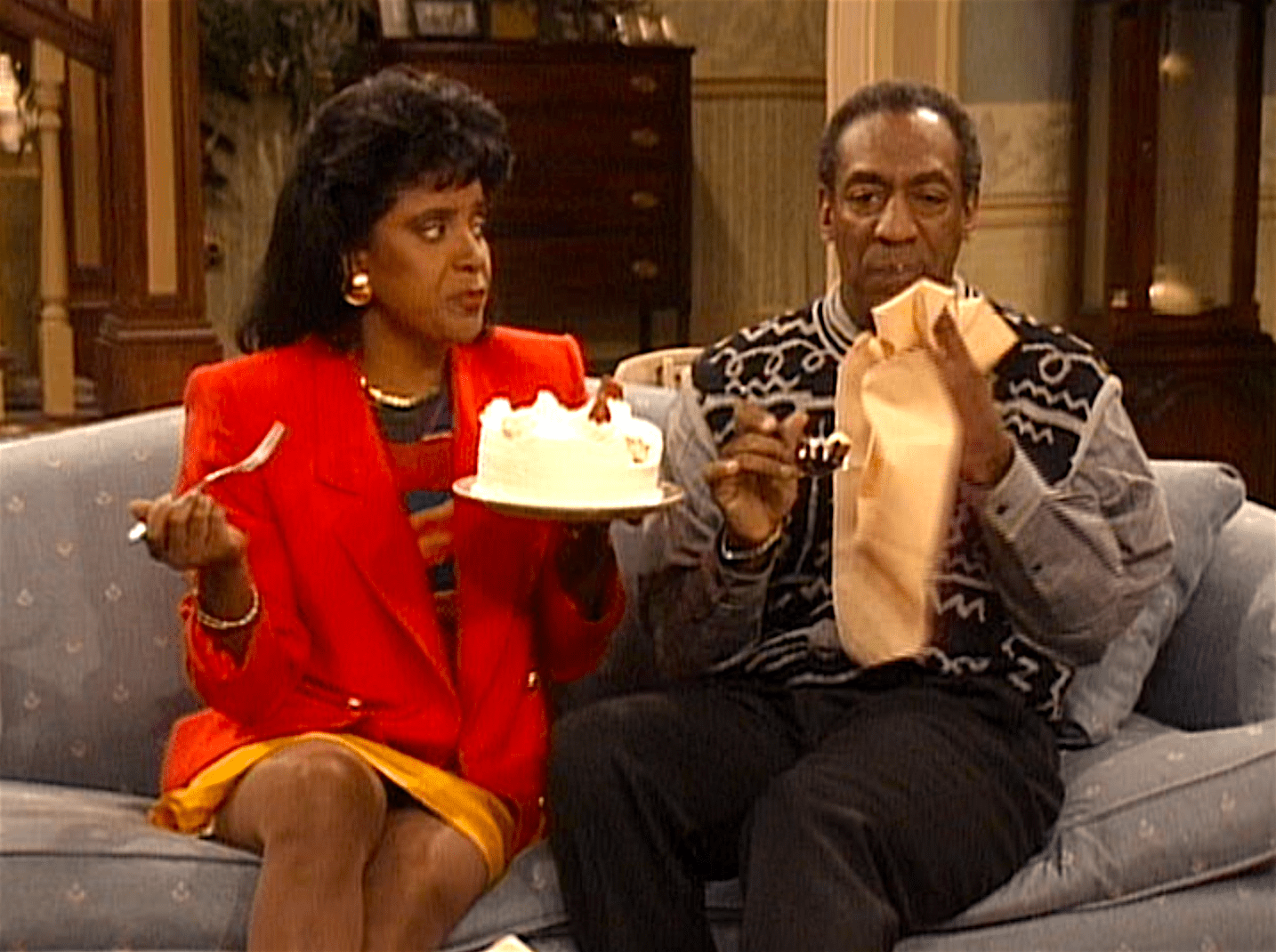
Introduction: The Enduring Legacy of The Cosby Show
The Cosby Show is more than just a sitcom—it’s a cultural milestone that transformed television forever. When it first aired in 1984, the show broke new ground by presenting a successful, loving African American family at a time when the portrayal of Black families on television was often limited to stereotypes. The show’s ability to blend humor with meaningful social commentary left an indelible mark on the industry. Decades later, The Cosby Show is still considered one of the most iconic family sitcoms ever created. But what exactly made the show so influential, and why does it continue to hold a special place in the hearts of millions of viewers around the world?
The Groundbreaking Nature of The Cosby Show
In the early ’80s, the television landscape was dominated by shows that depicted white families or stereotyped portrayals of Black people. Shows like Good Times and The Jeffersons depicted working-class African American families, but The Cosby Show turned this model on its head. Bill Cosby, both the creator and star of the show, crafted a world where the Huxtables were not just middle-class—they were an upper-middle-class family, with a Harvard-educated doctor (Cliff Huxtable) and a lawyer (Clair Huxtable) as parents. This was revolutionary. It challenged the norms of what was considered “Black TV” and opened doors for a new type of representation.
Before The Cosby Show, it was rare to see an African American family living a life of affluence and success. By presenting the Huxtables as a stable, loving, and highly successful family, the show rewrote the narrative of what Black families could be on television. The Huxtables were intellectuals, professionals, and role models, navigating the same struggles as other families—balancing work, family, education, and personal challenges—but with a unique perspective that resonated with people of all races.
The Chemistry Between the Cast
At the heart of The Cosby Show was the undeniable chemistry between its stars. Bill Cosby, as the patriarch Cliff Huxtable, was the anchor of the show. His comedic timing, warmth, and wisdom brought the character to life in a way that was both authentic and relatable. Cosby’s portrayal of Cliff, an imperfect but lovable father, made him a TV icon. But while Cosby’s performance was pivotal, it was the ensemble cast that truly elevated the show.
Phylicia Rashad, as the poised and brilliant Clair Huxtable, was the perfect counterpart to Cliff. Together, they formed one of the most beloved TV couples in history. Their relationship was grounded in mutual respect, love, and playful banter, setting a standard for what positive portrayals of marriage could look like on television. Their chemistry made viewers believe in the power of family and love.
The rest of the cast—Malcolm-Jamal Warner as Theo, Tempestt Bledsoe as Vanessa, Keshia Knight Pulliam as Rudy, and Lisa Bonet as Denise—each brought something special to the table. The Huxtable children were more than just comic relief—they represented different aspects of family dynamics, from academic struggles to sibling rivalry and teenage rebellion. The humor in The Cosby Show was derived not only from the clever writing but from the relatability of the characters. Viewers felt like they were a part of the Huxtable family, cheering for their successes and empathizing with their challenges.
Cultural Impact and Social Significance
Beyond being a hit sitcom, The Cosby Show had a profound cultural impact. The show did more than entertain; it sparked important conversations about race, class, and education. One of the most significant aspects of The Cosby Show was its emphasis on higher education. The show frequently explored the importance of academic achievement and intellectual growth. Cliff and Clair Huxtable were not just wealthy—they were highly educated, and they instilled the value of education in their children.
Theo, the eldest Huxtable son, was often the focal point for educational storylines. In one memorable episode, “Theo’s Holiday,” Theo struggles with the reality of his grades and the pressures of academic life. The episode tackled the idea of academic failure and success, emphasizing that learning is a process, and no one is perfect. Through these storylines, the show addressed the struggles that many African American students face in their pursuit of education and success, while also providing solutions and positive role models.
The show also dealt with race in a subtle yet impactful way. It didn’t focus on racial issues as the primary theme, but it provided a window into the lives of Black professionals in America. The characters never had to prove their worth or deal with the overt racism that was often depicted on TV. This was revolutionary because it suggested that a Black family could exist in mainstream television without being defined by hardship or discrimination.
Conclusion: The Lasting Legacy of The Cosby Show
As the years have passed, The Cosby Show has continued to resonate with audiences around the world. It remains a touchstone for discussions about race, family, and television history. The show’s commitment to portraying a successful Black family, grounded in love, humor, and education, left a lasting impact that is still felt today. While the controversies surrounding Bill Cosby in recent years have complicated the show’s legacy, The Cosby Show itself remains an enduring symbol of how television can both entertain and educate.
The Huxtables may have moved off the airwaves, but their influence remains as strong as ever. They showed us that family, humor, and love transcend race, class, and time. It’s this timeless quality that ensures The Cosby Show will forever hold the title of TV’s most iconic family sitcom.
